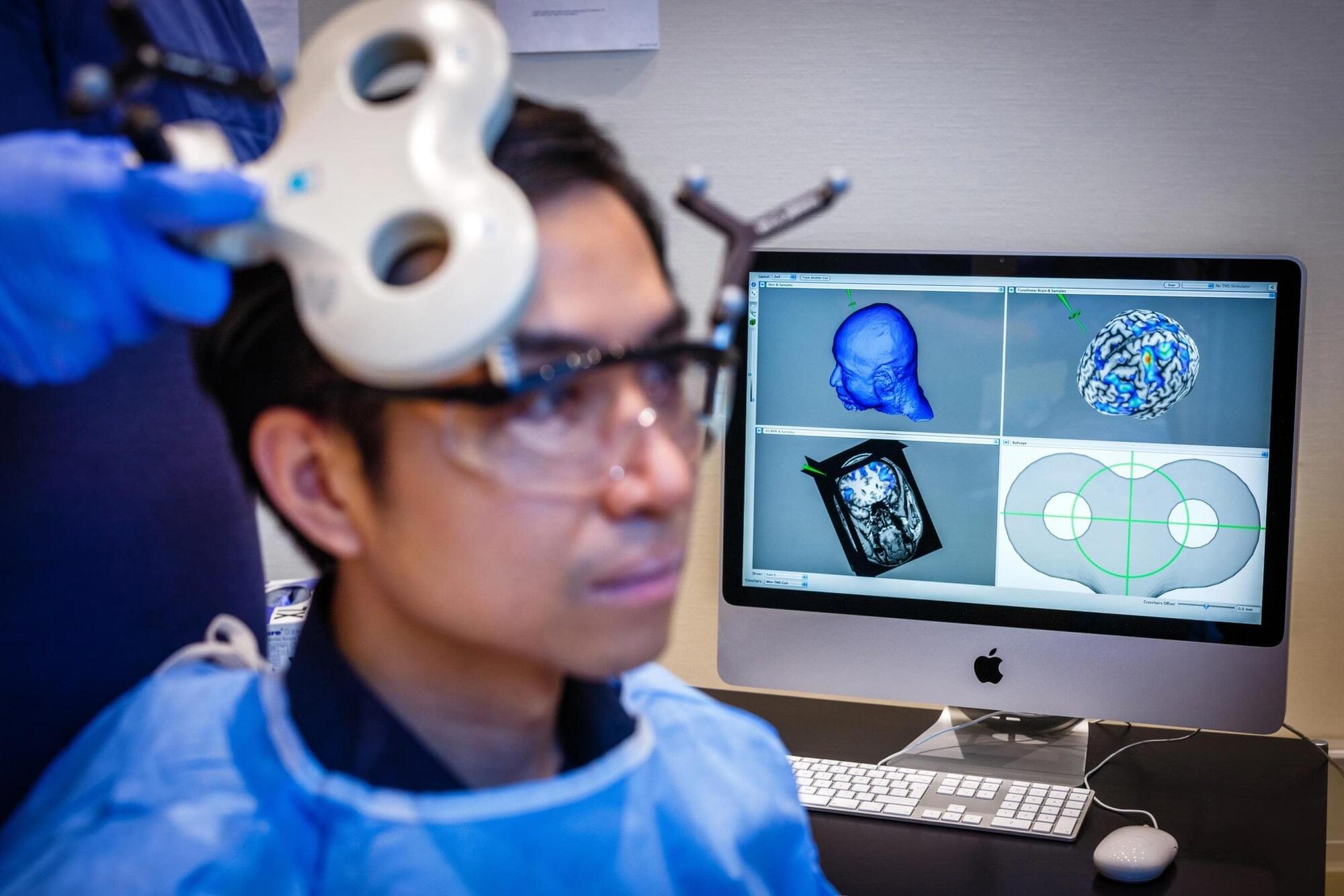Codex-Spark is rolling out today as a research preview for ChatGPT Pro users in the latest versions of the Codex app, CLI, and VS Code extension. Because it runs on specialized low-latency hardware, usage is governed by a separate rate limit that may adjust based on demand during the research preview. In addition, we are making Codex-Spark available in the API for a small set of design partners to understand how developers want to integrate Codex-Spark into their products. We’ll expand access over the coming weeks as we continue tuning our integration under real workloads.
Codex-Spark is currently text-only at a 128k context window and is the first in a family of ultra-fast models. As we learn more with the developer community about where fast models shine for coding, we’ll introduce even more capabilities–including larger models, longer context lengths, and multimodal input.
Codex-Spark includes the same safety training as our mainline models, including cyber-relevant training. We evaluated Codex-Spark as part of our standard deployment process, which includes baseline evaluations for cyber and other capabilities, and determined that it does not have a plausible chance of reaching our Preparedness Framework threshold for high capability in cybersecurity or biology.






